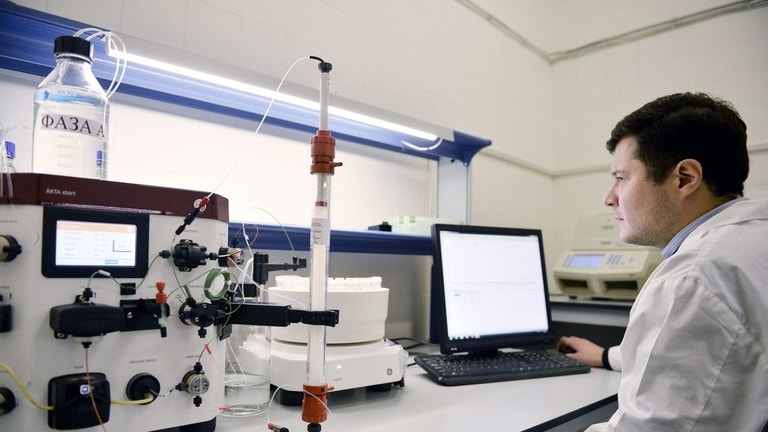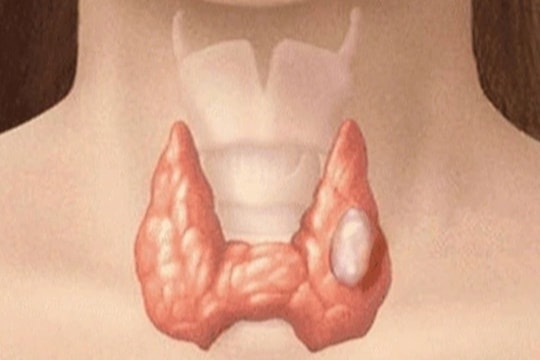MRNA Cancer Vaccine to Be Available by the End of the Year?
A breakthrough personalized cancer vaccine developed by Russia's Gamaleya Research Institute could receive regulatory approval as early as this summer, potentially allowing patients to start treatment in September, institute director Alexander Gintsburg told RIA Novosti.

"According to the roadmap we submitted to the Ministry of Health, although it has not been officially approved yet, we will probably receive permission by the end of August so that we can start treating people in September," Gintsburg told the news agency.
The Gamaleya Research Institute of Epidemiology and Microbiology previously developed Sputnik V, the world's first registered Covid-19 vaccine. In 2022, the center applied mRNA technology, the basis for other Covid vaccines, to develop a new cancer drug.
In an interview with RT last month, Gamaleya explained that the new drug is a therapeutic vaccine designed to be given to people who have been diagnosed with cancer. It causes the patient's immune system to start destroying malignant cells. The injection allows cytotoxic lymphocytes, or white blood cells, to appear in the vaccinated person's body and recognize foreign proteins (antigens) on the surface of tumor cells. The cytotoxic lymphocytes then find the foreign metastatic cells and destroy them throughout the body.
In a statement to RIA, Gintsburg noted that, while there are several cancer drugs currently being developed in Russia, the Gamaleya vaccine will be tailored to each patient and developed with the help of artificial intelligence (AI). Gintsburg specified that AI will be used to analyze the parameters of the tumor and come up with a “blueprint” for the drug, which will then be used by specialists to create a customized vaccine within about a week.
While the vaccine is intended for patients diagnosed with primary melanoma, it could also be given to people who have undergone certain stages of treatment, Gintsburg said.
Gintsburg previously noted that the vaccine has worked well in treating mice in animal models of melanoma, and up to seven human patients have undergone the treatment.
The Gamaleya Center is also currently developing models to treat other cancers, including pancreatic, kidney and non-small cell lung cancer, which is said to be the most frequently diagnosed cancer with the highest mortality rate and is notoriously difficult to treat, according to Gintsburg.
In 2023, the Russian Ministry of Health reported that there were 4 million cancer patients in the country. Andrey Kaprin, director of the National Medical Research Center for Radiology at the Ministry of Health, estimated that there are about 625,000 new cancer cases diagnosed annually in Russia, with the incidence expected to increase by 2030.





